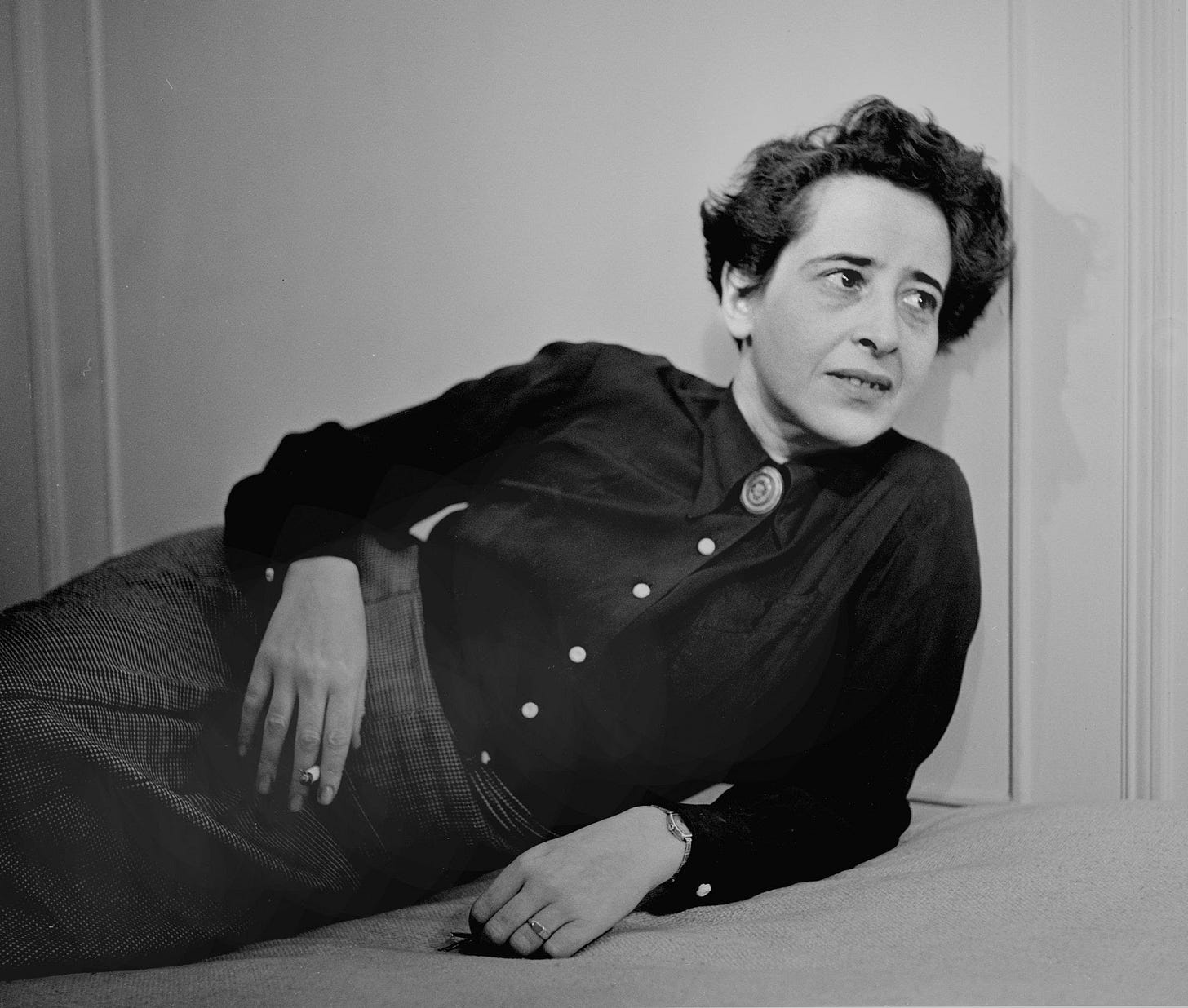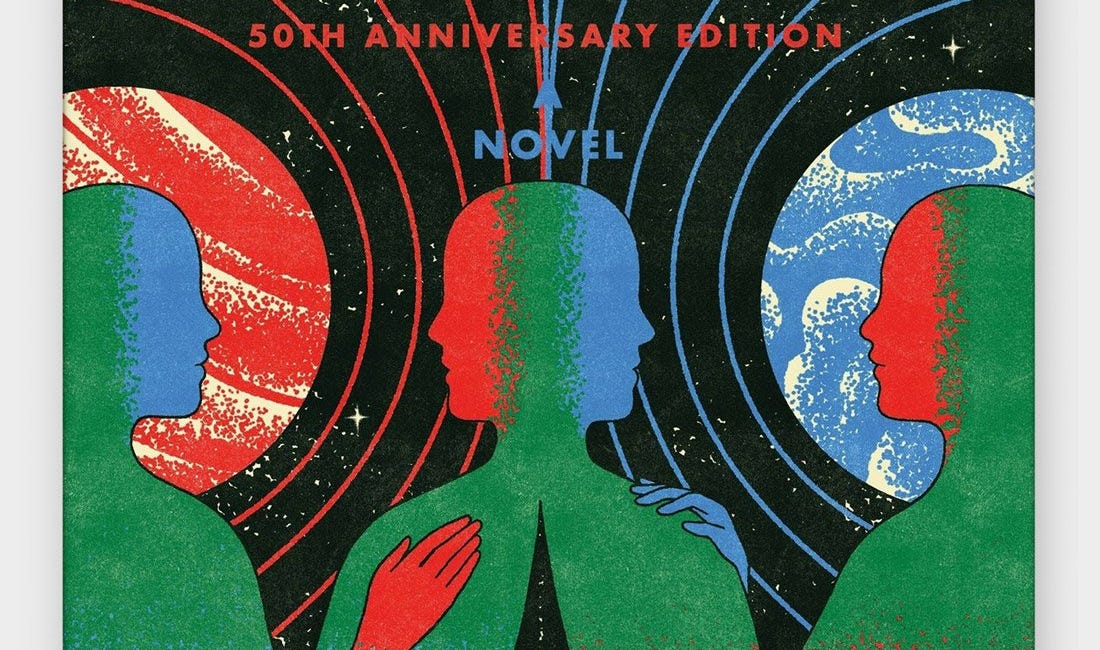Soon, we’ll be starting our read-along of Hannah Arendt’s The Human Condition. I wanted to take some time this morning to briefly discuss the book in abstract, why I chose it, and why I think you should set aside roughly two months of your life to read it.
But first, here is the schedule for the read-along:
November 25: Chapter 1: The Human Condition
December 2: Chapter 2: The Public and The Private Realm
December 9: Chapter 3: Labor
December 15: Members-Only Zoom Call
December 16: Chapter 4: Work
December 23: Reading Week
December 30: Reading Week
January 6: Chapter 5: Action (§24-29)
January 13: Chapter 5: Action (§30-34)
January 19: Members-Only Zoom Call
January 20: Chapter 6 The Vita Activa and The Modern Age (§35-40)
January 27: Chapter 6 The Vita Activa and The Modern Age (§41-45)
February 3: Final Thoughts
Nearly everything related to these read-alongs is free; I feel very strongly about making this project available to everyone. But on occasion, I’ll send out extra essays inspired by the reading, and of course we have our members-only Zoom calls in December and January.
If you want to take part in those members-only Zoom calls, all you have to do is become a paying subscriber. You’ll also be supporting my work here on Commonplace Philosophy and over on my YouTube channel.
Hannah Arendt was a German-American philosopher, born to a Jewish family in Linden in 1906. Her work is far-reaching: her dissertation was titled Love and Saint Augustine, while her most famous work may be on the trial of Adolf Eichmann, Eichmann in Jerusalem.
The Human Condition is about, roughly, the human condition — this thing we’re all thrown into by being born a human being and what we’re meant to do about it. I was drawn to this book because this question is all I have thought about for the past few years, though I have been thinking about it from various angles.
I am drawn to a conception of philosophy as a guide to life, but one must keep in mind that this does not preclude theoretical or abstract concerns. Because I am interested in philosophy as a guide to life, I need to think about the concept of work and labor (which Arendt discusses in detail in this book); because I am interested in philosophy as a guide to life, I need to think about metaphysics (perhaps one reason for our reading of The Republic later this year); because I am interested in philosophy as a guide to life, I need to think about everything.
Like Aristotle’s Nicomachean Ethics, perhaps The Human Condition can be a framing text for future inquiry.
If you read Commonplace Philosophy, you are someone who also thinks philosophy is part of the good life; you are someone who knows that to live well we need to think well; you are someone who is drawn to thinkers of the past, some only gone for a few decades and some gone for a millennium, to find answers for the present. And so I hope you will join me in about two weeks when we begin our read-along of The Human Condition.
Then perhaps you can join me in our future philosophical read-alongs:
Our 2024-2025 philosophical read-alongs
I have figured out the next few read-alongs we’ll be doing here at Commonplace Philosophy, and I’ll be sharing some details with you today.




Hi, i want to attend the read-along as a free subscriber. How can I join?
Hello, so for those who are free subscribers, where are the links posted to join? Kindly inform. This is my first time. Thank you.